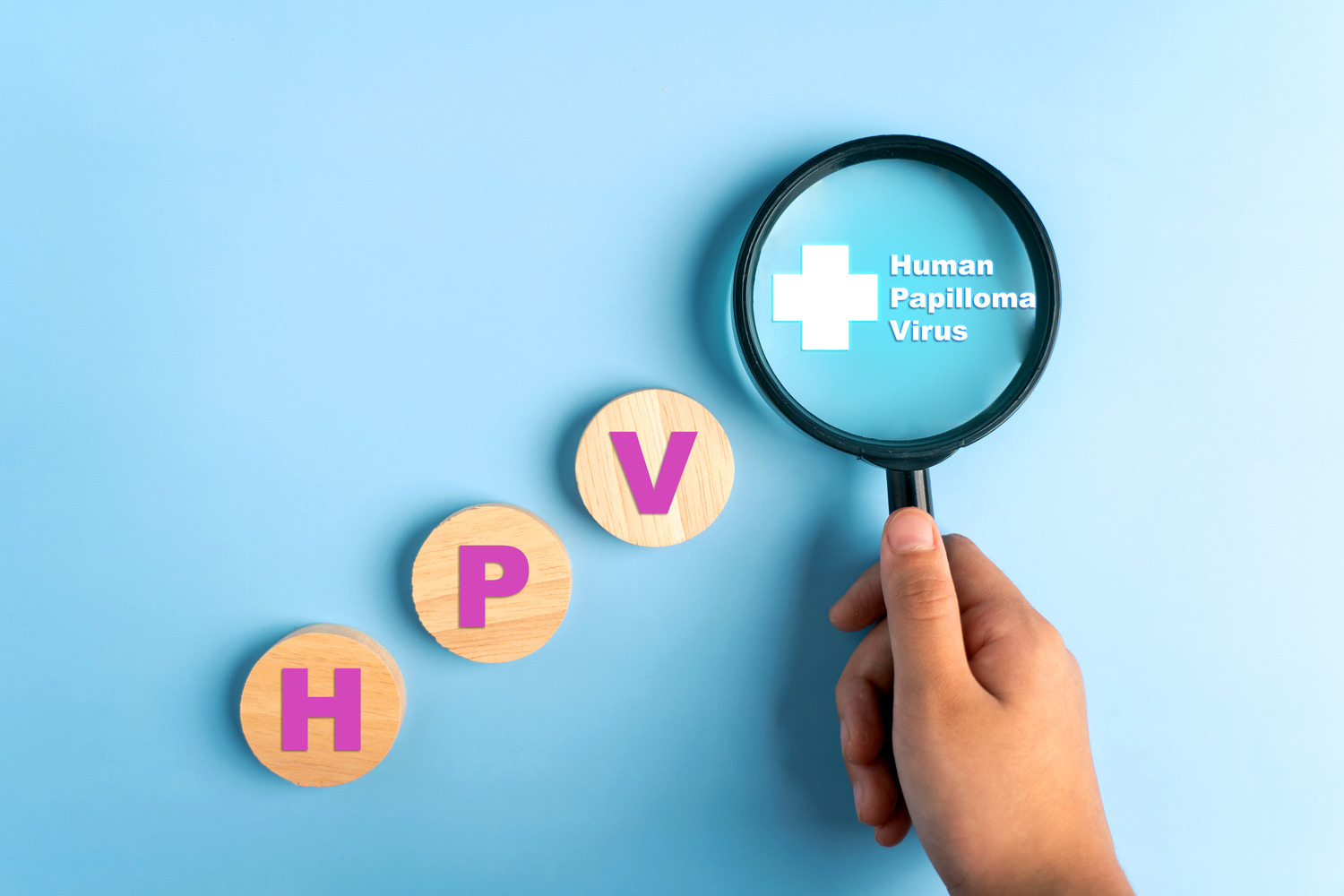 A new nationwide survey of general practitioners has highlighted a gap in awareness and understanding of HPV extended genotyping and shown that some GPs do not offer self-collection HPV tests at all.
A new nationwide survey of general practitioners has highlighted a gap in awareness and understanding of HPV extended genotyping and shown that some GPs do not offer self-collection HPV tests at all.
The data indicated many GPs remain unfamiliar with the clinical utility of extended HPV genotyping, which provides more detailed information about high-risk HPV serotypes beyond HPV16 and HPV18.
This information can support more precise risk stratification and management of patients with HPV infections.
The findings were based on a survey commissioned by medical technology company Becton Dickinson and independently administered by a third party, which saw 75 GPs across Australia provide input.
The survey found that nine in 10 GPs now offer self-collected HPV tests as part of cervical screening, with almost half (49%) of those allowing patients to complete the test at home.
However, it also found one in 10 GPs do not offer self-collection at all, most commonly due to the perception that self-collected tests were less accurate.
Previous meta-analysis has shown that the accuracy of self-collected samples is similar to that of samples collected by clinicians.
RELATED: Increasing cervical screening through self-collection
Some respondents expressed concerns about potential user error in HPV self-collected tests, but the Health Department has clarified that evidence shows a cervical screening test using a self-collected sample from the vagina is just as accurate at detecting HPV as a clinician-collected sample taken from the cervix during a speculum examination.
Since Australia’s transition to HPV-based cervical screening in 2017, clinical guidelines have evolved to include partial genotyping. However, many GPs report limited exposure and support to engage with it confidently.
Most of the respondents (94%) said they were not or only somewhat confident explaining the benefits of extended genotyping.
The survey results also showed 82% of GPs reported they were only somewhat or not familiar with HPV extended genotyping, 6% had used extended genotyping in practice and 5% had discussed it with patients.
Dr Lara Roeske, a past chair of RACGP Board Director with a special interest in women’s health, said extended genotyping enabled clinicians to identify and monitor individual high-risk HPV types, offering more nuanced guidance for follow-up and treatment decisions.
“However, the survey findings show that many GPs are not confident in interpreting these results or explaining their significance to patients.”
RELATED: Updates to the Australian Cervical Screening Program: What you need to know
She said prioritising clear patient guidance materials on how to self-collect correctly, having follow-up protocols for managing positive or inconclusive results, training resources and decision-support tools and clarification on Medicare reimbursement and screening guidelines could help clinics better integrate self-collected extended genotyping into practice.
“Supporting GPs through education, guidelines, and practical tools will be vital to achieving the best possible outcomes for women,” Dr Roeske said.
RACGP Vice President and WA Chair Dr Ramya Raman said while more education was always helpful, it was important to note that HPV screening had been an “evolving space” with the move away from pap smears every two years and a change to five yearly screening.
“Some people, like me, who do a lot of women’s health, are well aware of it, but perhaps GPs who are not engaged in as much women’s health may not be aware of it. That education would be helpful,” she said.
“In the past there’s been multiple changes and iterations for the good and for the better, but it’s also important to keep in mind those changes have occurred in short successions,” she said.
Want more news, clinicals, features and guest columns delivered straight to you? Subscribe for free to WA’s only independent magazine for medical practitioners.
Want to submit an article? Email [email protected]

